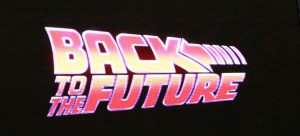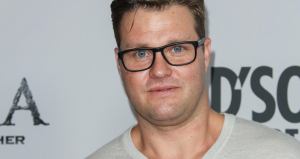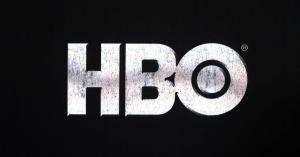The beloved White Claw hard seltzer may be hard to come by soon, as the company is reportedly suffering from a shortage. The company announced the problem on Friday, warning that there may be fewer cans to go around in the coming months.
White Claw’s senior vice president of marketing, Sanjiv Gajiwala, spoke to CNN Business on Friday. He explained that the company did not foresee its incredible rise to popularity, and as such is having trouble keeping up with the demand. However, they hope to catch up before customers notice too much of an impact.
Videos by PopCulture.com
“We are working around the clock to increase supply given the rapid growth in consumer demand,” Gajiwala said. “White Claw has accelerated faster than anyone could have predicted.”
The company did not provide a timeline on when its supply lines will catch up with the demand. He said that the company was “allocating product to our distributor partners to keep all markets in stock the best we can and will continue to do so until we get back to our normal safety stock position.”
White Claw sales have reportedly grown a whopping 283 percent from July of 2018 to this summer. This raised the company’s value to $327.7 million. Hard seltzer drinks in general have risen in popularity, but White Claw itself made up almost 55 percent of the market on the Fourth of July this year.
Unlike other alcohol trends, however, this one does not seem to be going anywhere. Big companies like Anheuser-Busch have gotten in on it, releasing spiked seltzers under the Natural Light brand last month. Beth Bloom, associate director of U.S. Food and Drink for Mintel, told CNN Business that brands are scrambling to get into this market as beer sales decline.
“These new products can help those companies, such as Anheuser-Busch, ‘buffer those losses,’” Bloom explained.
In the meantime, however, early adopters like White Claw have a big head start. White Claw was launched by Mark Anthony Brands, creator of Mike’s Hard Lemonade, in 2016. Another early brand was Bon & Viv, which was acquired by Anheuser-Busch that same year. At the same time, Boston Beer began manufacturing a spiked seltzer drink called Truly, which is also highly popular.
Experts from Macquarie Research report that hard seltzer is rising in popularity for its low calories and sugar content. Alcohol drinkers are reportedly showing more interest in premium beer and liquor, so mass-produced and light beers are suffering. As always, however, the market is adapting.








